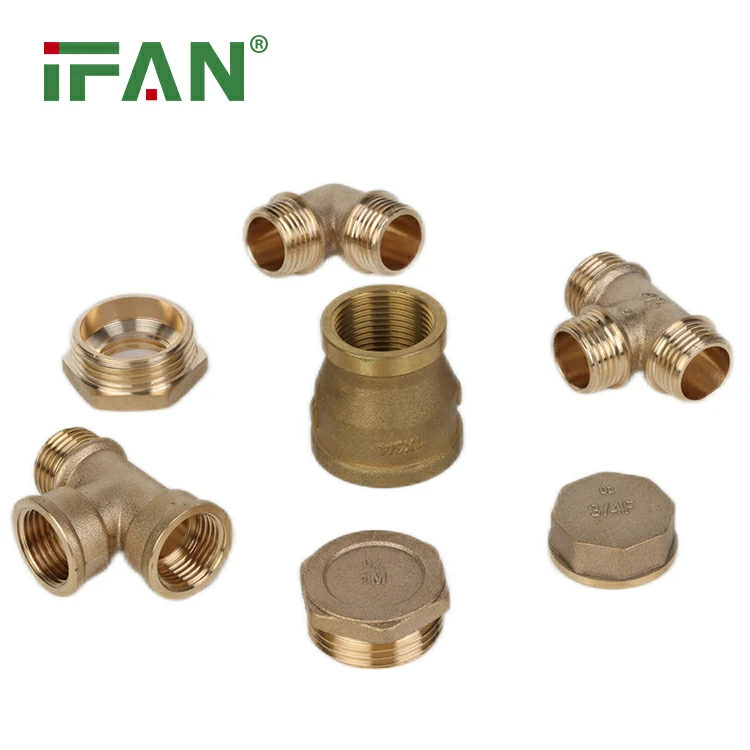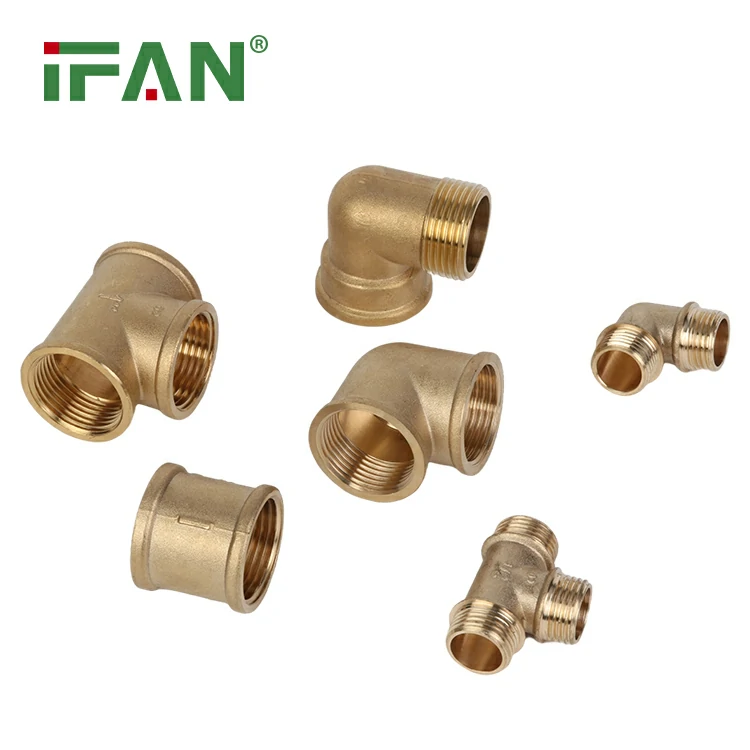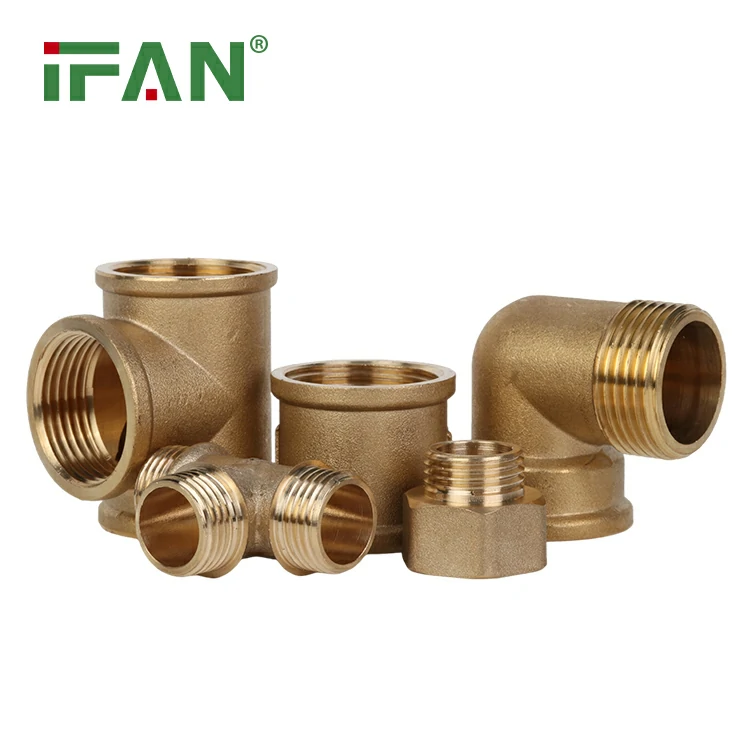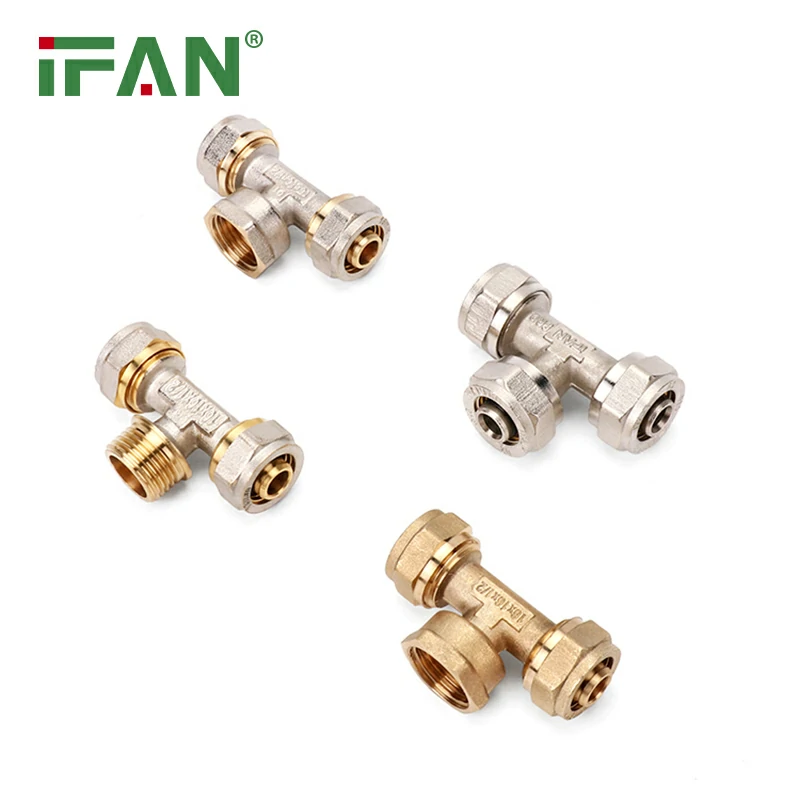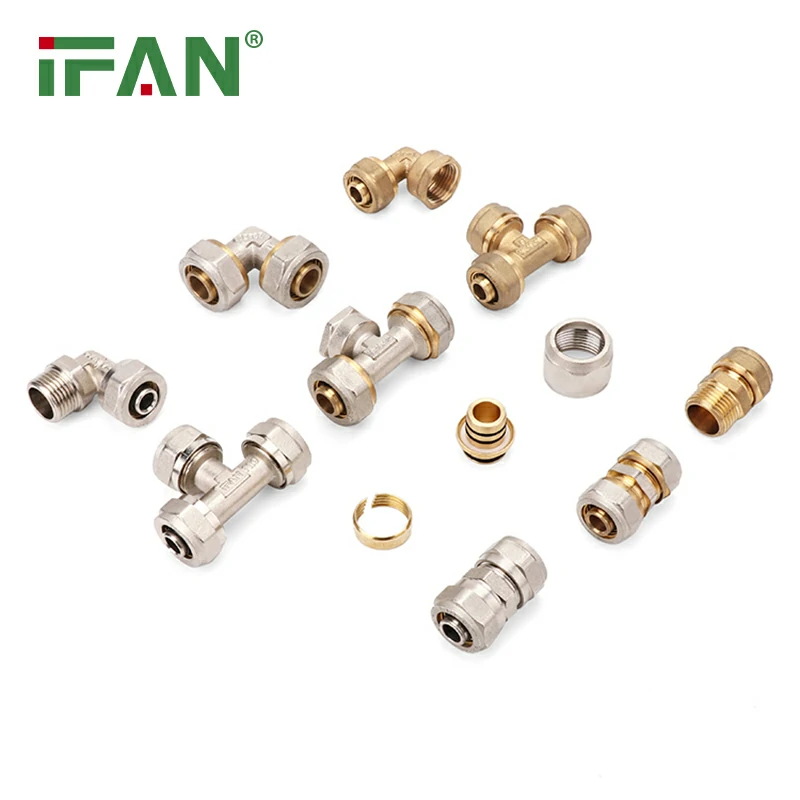Introduction to HDPE Socket Connectors
In the world of modern piping systems, HDPE (High-Density Polyethylene) socket connectors, commonly known as HDPE sockets, have emerged as a preferred choice for their superior performance and durability. This article delves into the unique features, applications, and benefits of HDPE socket connectors.
What are HDPE Socket Connectors?
HDPE socket connectors are specialized fittings that feature a socket-type design, allowing for the secure and leak-free connection of HDPE pipes. The socket connector is a crucial component in the construction of HDPE piping systems, ensuring the integrity and reliability of the entire system.
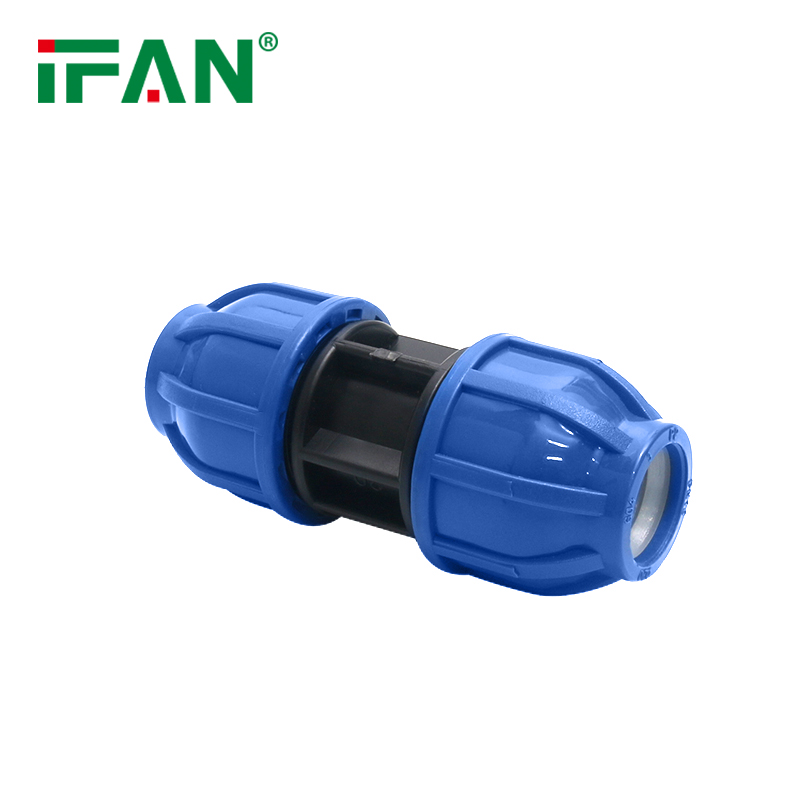
Applications of HDPE Socket Connectors
- Water Distribution Systems: HDPE socket connectors are extensively used in water distribution systems due to their ability to handle high pressures and resist corrosion. Their durability ensures a long-lasting solution for water transportation.
- Irrigation Systems: In agricultural irrigation systems, HDPE socket connectors are preferred for their ease of installation and adaptability to various soil conditions. They help farmers efficiently distribute water to their crops.
- Sewer Systems: HDPE socket connectors are also used in sewer systems, where their resistance to chemicals and corrosion ensures the smooth flow of wastewater.
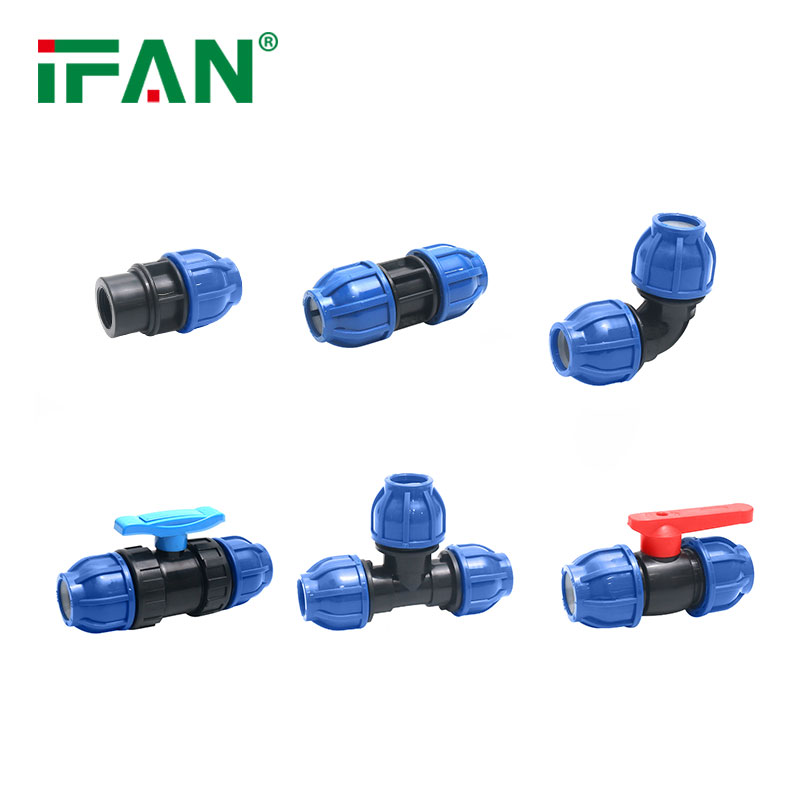
Unique Advantages of HDPE Socket Connectors
- Ease of Installation: HDPE socket connectors feature a simple socket-type design that allows for quick and easy installation. This significantly reduces installation time and labor costs.
- Leak-Free Connections: The precision-engineered design of HDPE socket connectors ensures a tight and secure seal, minimizing the risk of leaks and ensuring the integrity of the piping system.
- Durability and Resistance: HDPE is a highly durable material that can withstand various pressures, temperatures, and chemicals. This ensures that HDPE socket connectors maintain their performance over long periods of time.
- Flexibility and Adaptability: HDPE socket connectors are flexible and can adapt to various soil conditions and environments. This flexibility allows for easy installation in challenging terrain and soil conditions.
Conclusion
HDPE socket connectors are a reliable and efficient solution for modern piping systems. Their ease of installation, leak-free connections, durability, and flexibility make them a preferred choice in various industries. As the demand for reliable and efficient piping solutions continues to grow, HDPE socket connectors are poised to play a crucial role in the future of piping systems.

